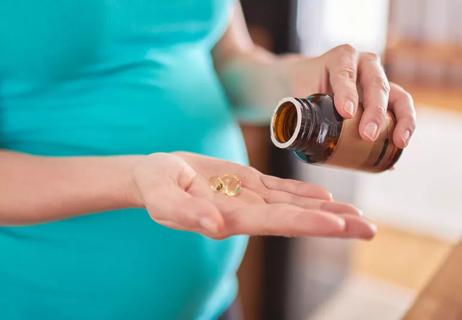Breaking through emotional pain, stigma

Having a miscarriage is a painful and heartbreaking experience. And you may also find that it’s isolating, as well. Although miscarriage is relatively common, many women feel a stigma that can make recovery even more difficult. But you don’t have to let that happen.
Advertisement
Cleveland Clinic is a non-profit academic medical center. Advertising on our site helps support our mission. We do not endorse non-Cleveland Clinic products or services. Policy
Although about 15 to 20% of pregnancies end in miscarriage, the experience is one that many aren’t comfortable sharing.
“A lot of women don’t talk to each other about it,” says Ob/Gyn Rebecca Bagley, MD.
But when one woman breaks the silence, others often feel relief at having the chance to tell their own stories.
“A lot of women come back to me after a miscarriage and say, ‘I can’t believe how many of my friends and family members have also gone through this. They never talked to me about it,’” Dr. Bagley says. “When more women share their experiences, they realize that they’re truly not alone.”
Some women struggle with a sense of shame after a miscarriage; they might feel like there’s something wrong with them or they may blame themselves as though they could have prevented it somehow.
“I always make a point of telling my patients, ‘This is not your fault; this is not something you did,’” Dr. Bagley says. “This is important for women to know.”
There are known risk factors, such as smoking cigarettes, and alcohol and drug use. But she says that most miscarriages happen due to a chromosomal problem when the egg and sperm meet.
Dr. Bagley encourages women who have miscarriages to reach out to others, whether it’s to friends and family or in a pregnancy loss support group.
Advertisement
“Often with miscarriage, there’s not a lot of closure,” she says. Participating in a support group or seeing a therapist can help you and your partner process your grief.
It’s also important to remember that having one miscarriage — or even several — doesn’t mean that having a baby is impossible for you.
Most women who experience miscarriage go on to have healthy, full-term pregnancies. And having one miscarriage doesn’t increase your risk of having another, Dr. Bagley says.
Although miscarriage is a sensitive and often painful topic, bringing it out of the shadows can help you get the support you need to deal with this difficult — but very common — aspect of pregnancy.
Advertisement
Learn more about our editorial process.
Advertisement

Herbal supplements can promise you the moon. But can they be dangerous?

Herbal supplements can promise you the moon. But can they be dangerous?

Spotting can occur for many reasons

From medications and stress to PCOS and STIs, there’s a wide range of reasons Aunt Flo may overstay her welcome

Most recommended precautions center around minimizing bruising or swelling

Even one drink can have an impact on your cognitive function leading to slurred speech, blurred vision and impaired memory

Type 2 diabetes isn’t inevitable with these dietary changes

Applying a hot or cold compress can help with pain